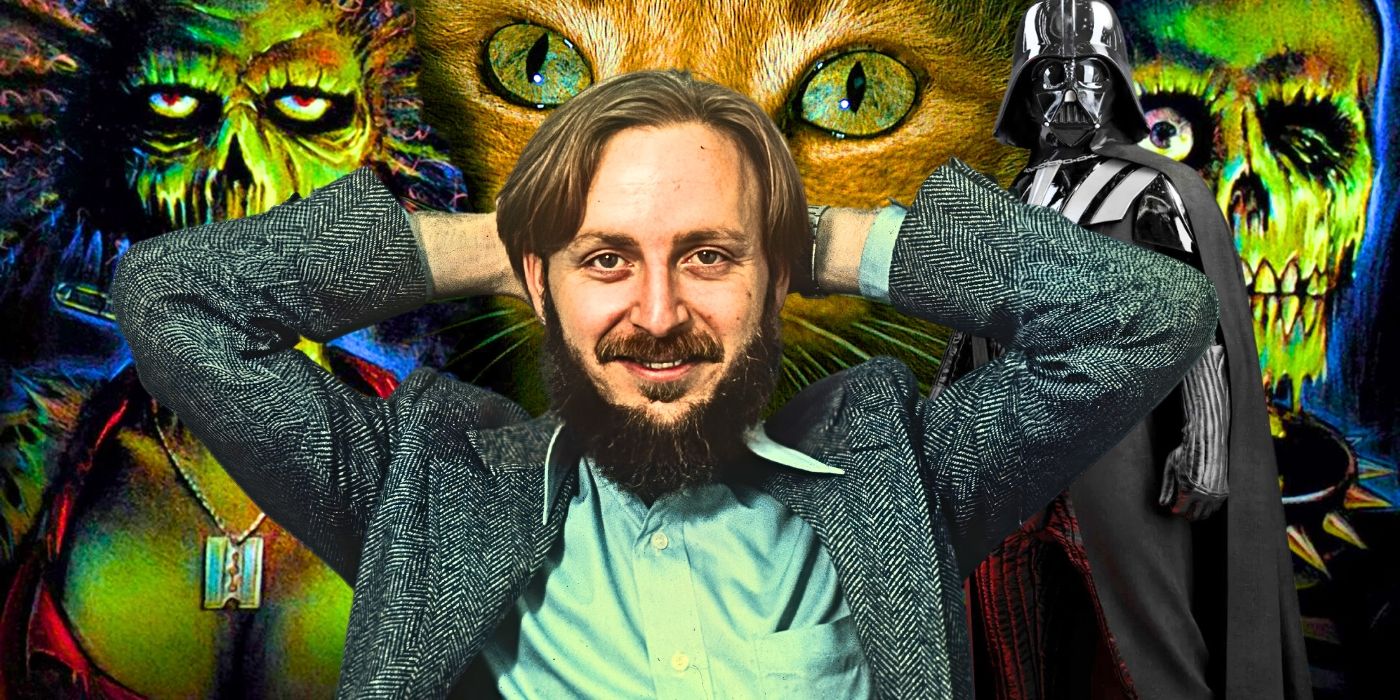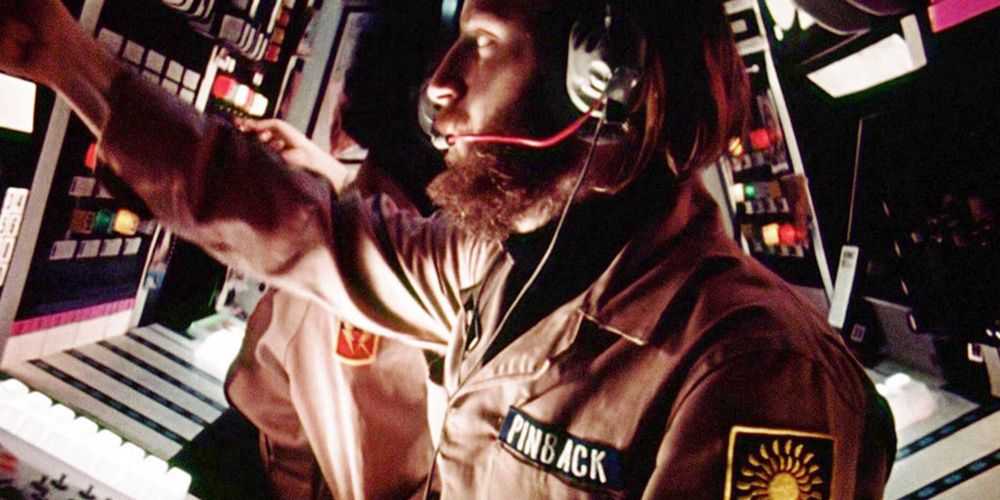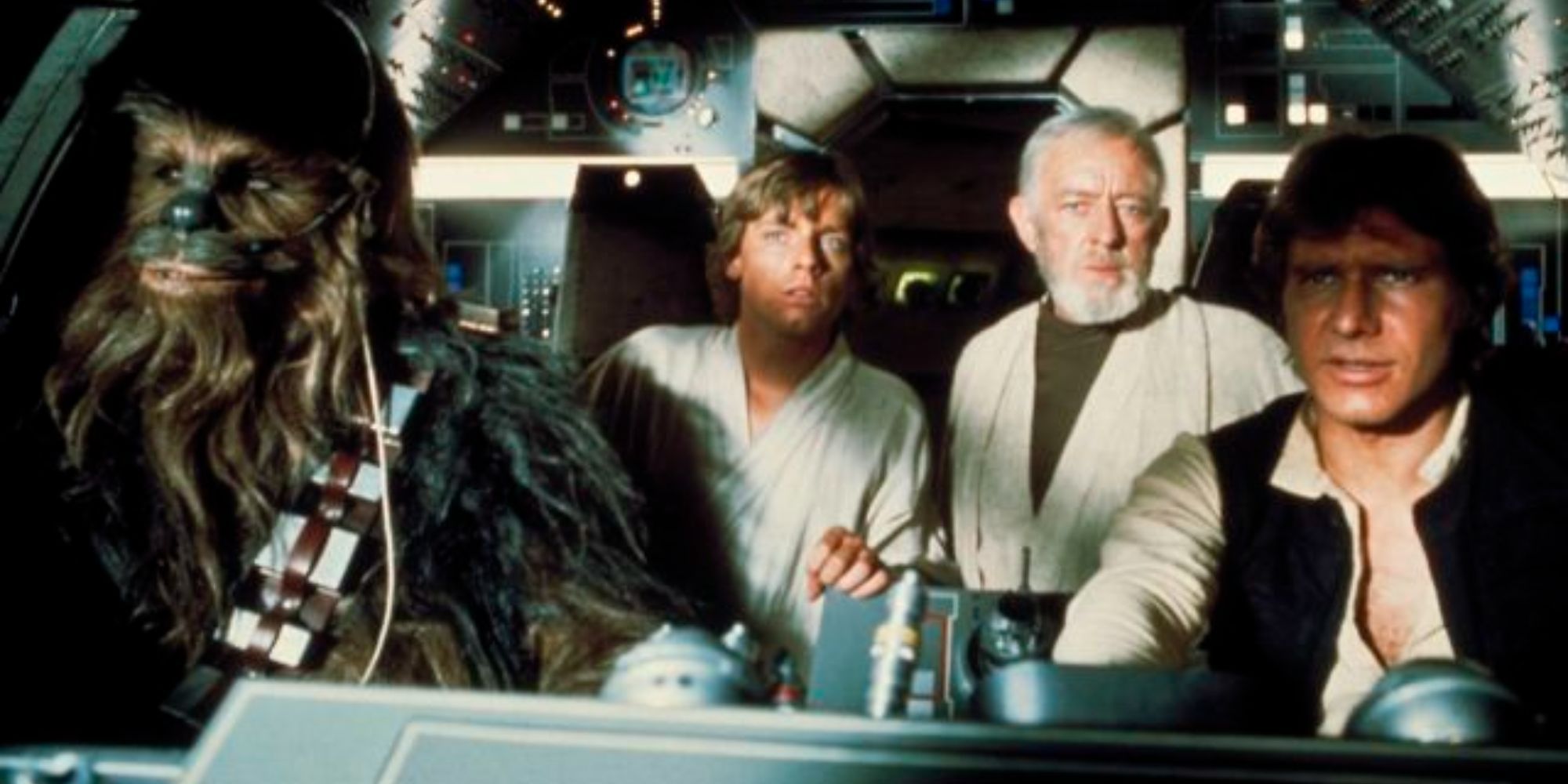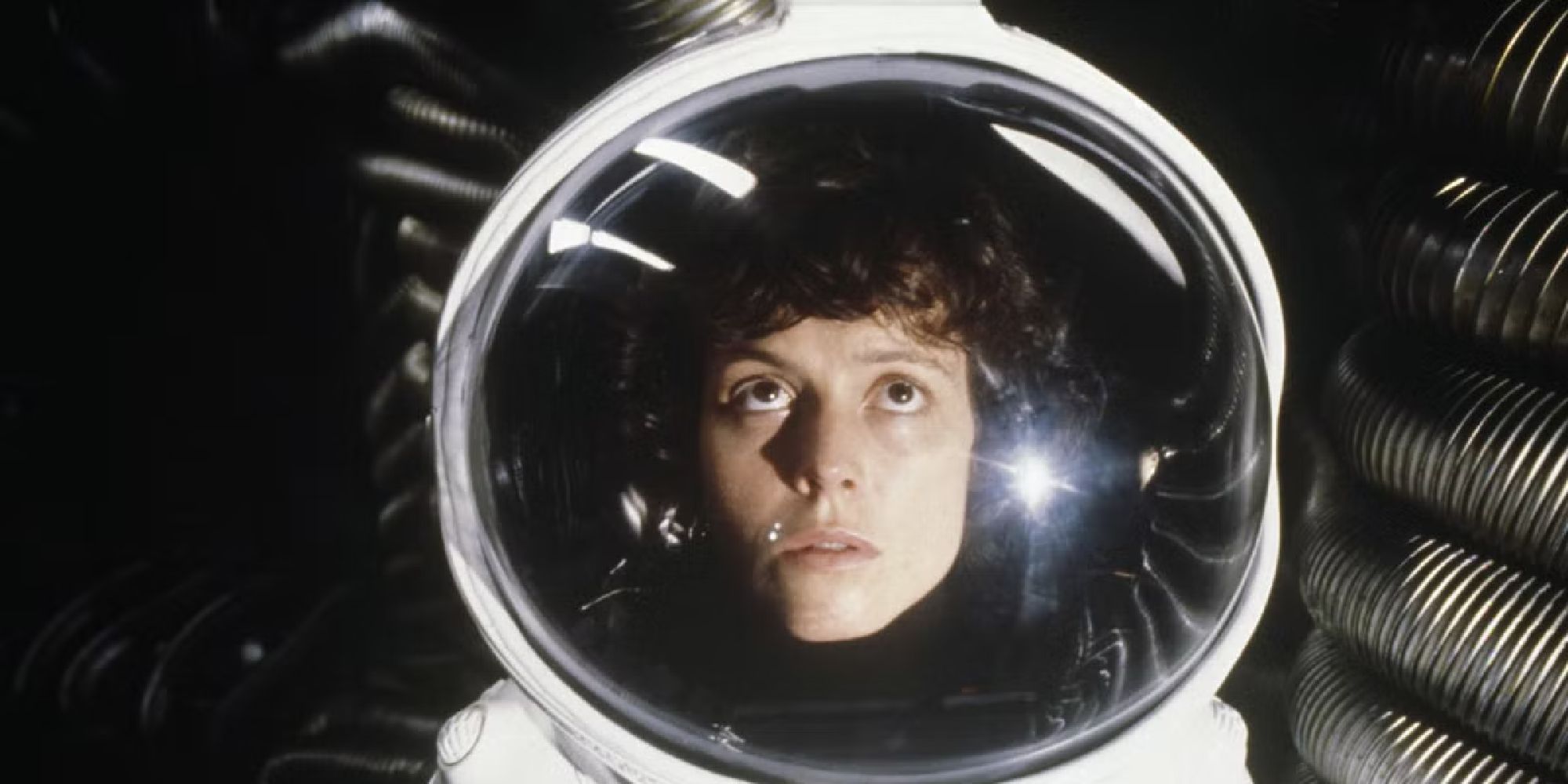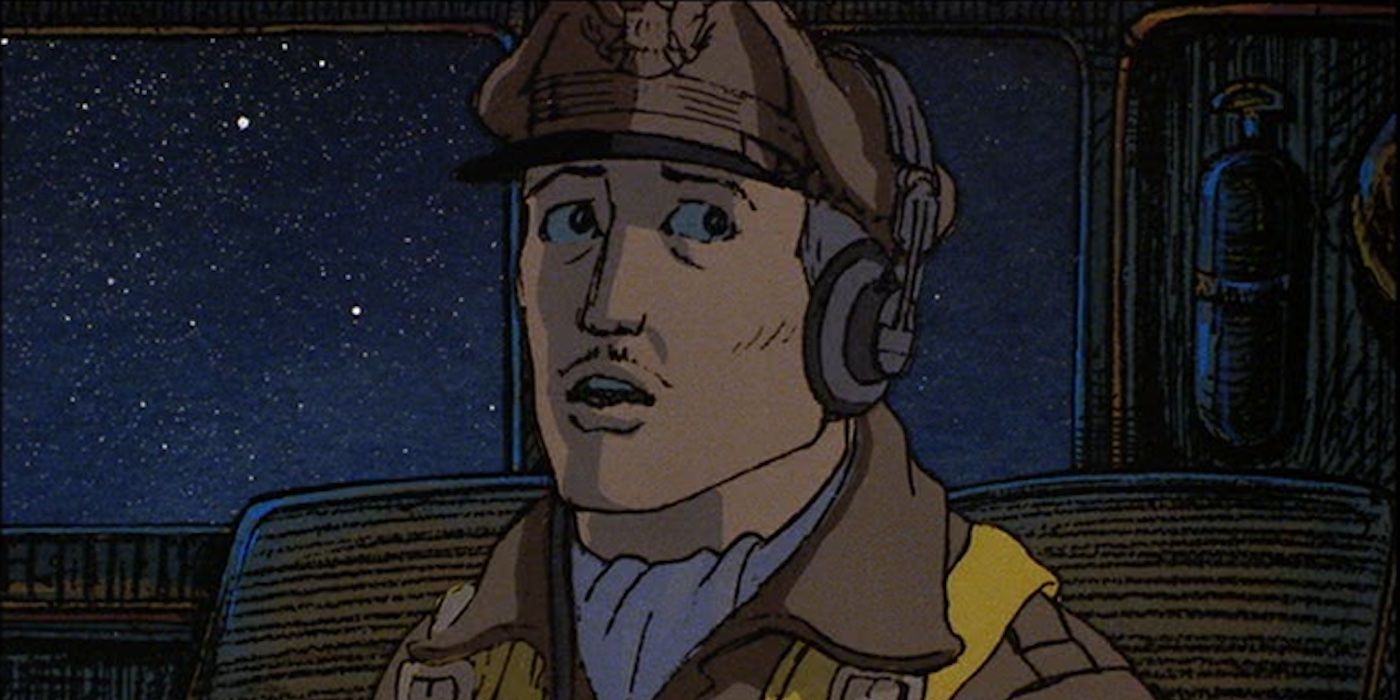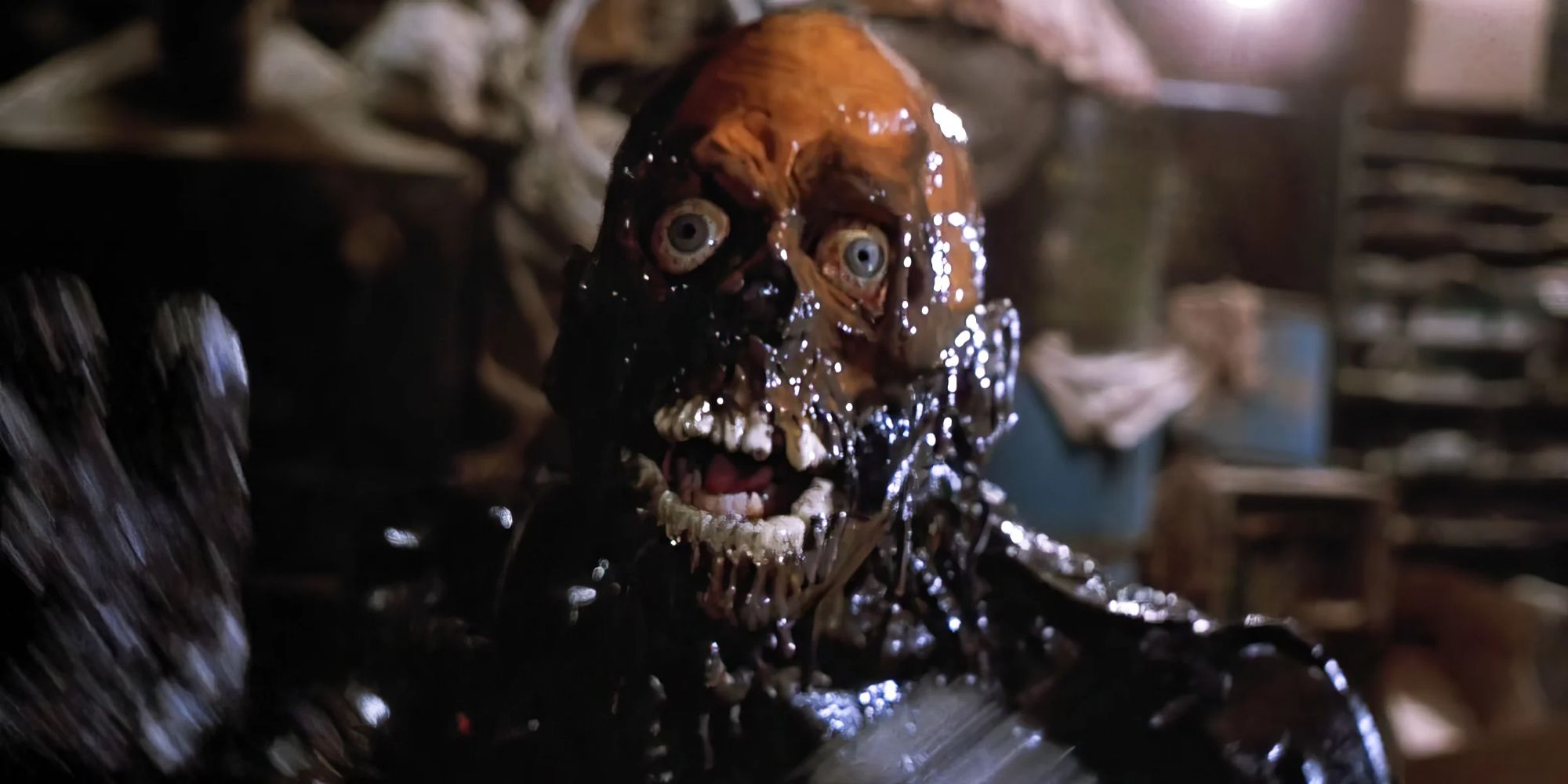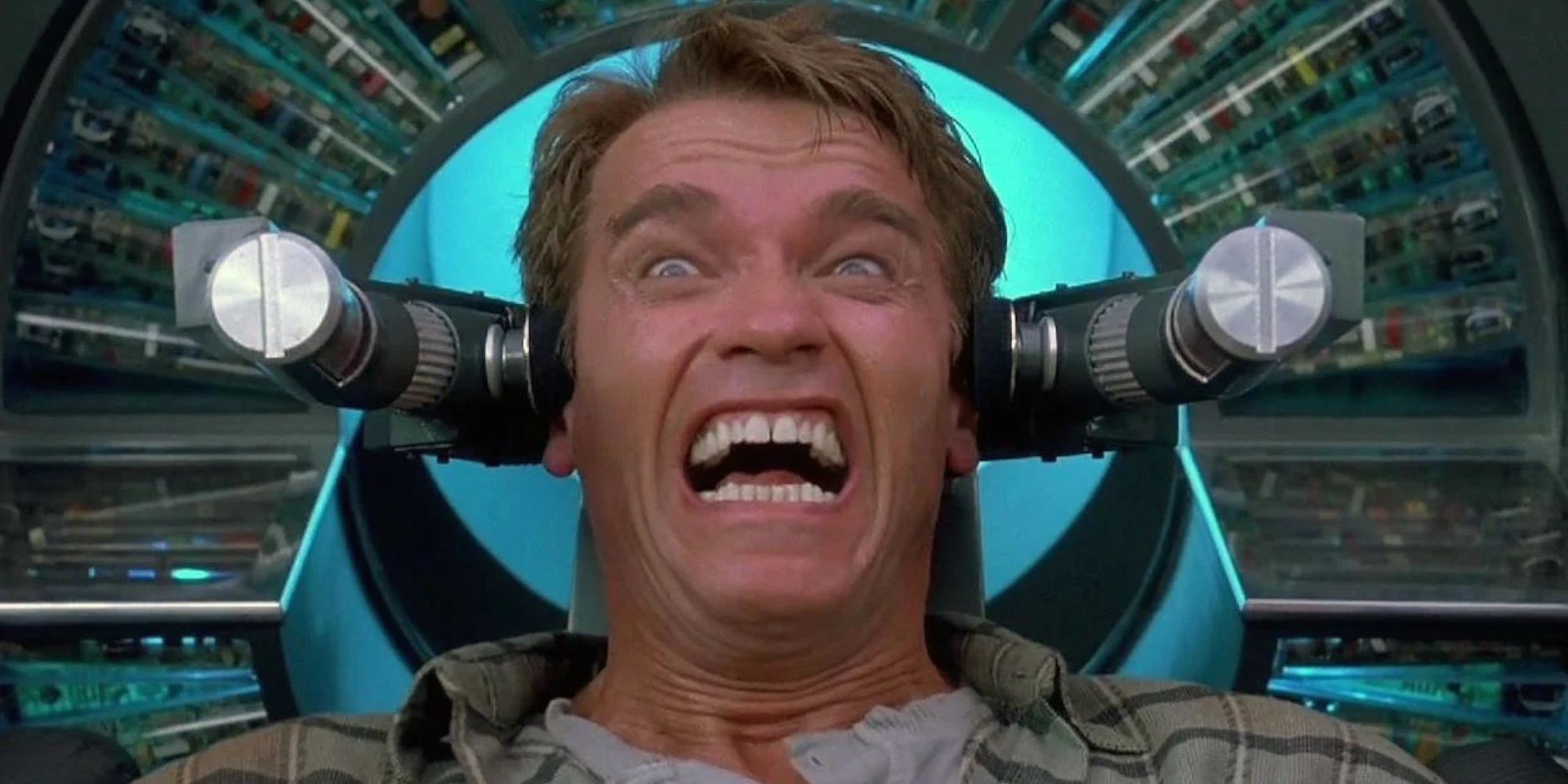When you think of the many great sci-fi and horror masters, your mind is likely to head in the direction of folks like Ridley Scott and John Carpenter, but neither of these massive figures would have had their iconic careers if it weren't for their collaborations with Dan O'Bannon. This directing, screenwriting, visual effects supervising, and acting movie guru has helped influence the current landscape of movies in more ways than he is often given credit for. O'Bannon has dipped his toes into many subgenres of both sci-fi and horror, ranging from alien horror to space operas and even zombie movies. The term "jack of all trades" is usually thrown around for individuals who are talented in many different ways but not especially talented in any of them, but that couldn't be further from the truth for this king. Had it not been for O'Bannon's skills, sci-fi and horror would not be what they are today.
Dan O'Bannon was born in St. Louis, Missouri, but his passion for filmmaking led him out to Los Angeles. There, he would study film at USC and meet a great many future collaborators, the most important of which would be John Carpenter. The two would be widely ambitious with their student-film efforts, one of which would be expanded upon and culminate in their shared sci-fi comedy debut — Dark Star. The film wasn't a hit by any means, but O'Bannon's contributions to the film would lead his career to many massive highs. O'Bannon might not be the most highly regarded filmmaker in the eyes of casual movie fans, but those who dig deep into the halls of sci-fi and horror know that Dan O'Bannon is one of the most important figures to have ever touched the two genres.
Dan O'Bannon Is the Most Important Ingredient to 'Dark Star'
For those who have only watched the film, John Carpenter might appear to be the reason why Dark Star works. After all, like many of his future films, Carpenter produced, wrote, and directed the film. He obviously had a huge hand in making the film, but the only person that can claim to have had a bigger influence on it would be O'Bannon. Carpenter might have come up with the general idea of a crew of astronauts who fly around the galaxy, blowing up dying planets, but O'Bannon is the one who actually fleshed these ideas out and gave the film its comedic tone, according to the book Voices in the Dark: Interviews with Horror Writers, Directors and Actors by Paul Kane and Marie O’Regan. His writing, concept designs, and lead performance as Sergeant Pinback gave the film a life that it might not have had otherwise.
George Lucas Brought O’Bannon on for ‘Star Wars’
O'Bannon's work on Dark Star would go on to be seen by many major players both in Hollywood and in the independent world, landing him a job as the special effects supervisor on Alejandro Jodorowsky's ill-fated Dune adaptation. That project might not have come to fruition, but thankfully, Dark Star also scored him a special effects gig on a little film called Star Wars. According to The Guardian, George Lucas was impressed with O'Bannon's hand-drawn, computer screen graphics in that film, and hired him to bring his talents over to a galaxy far, far away. The light-speed scenes in Star Wars are also eerily similar to those in Dark Star, but that might just branch more from an influential standpoint than any direct involvement from O'Bannon himself.
Dan O'Bannon Is the Reason We Have 'Alien'
The late '70s were a time of little work for O'Bannon but also might be when he had his most important achievement. Like Carpenter and Dark Star, Ridley Scott is often credited with the success of Alien, but that movie first came to be on O'Bannon's turf! His original intent for the film was to craft a sci-fi horror tale that reflected the real-life terrors of parasitic organisms. This carried over into the final product, but a lot of what he originally envisioned for the project would be taken out of his hands. O'Bannon initially wanted to direct the film, but like many other indie filmmakers, after bringing his project into the studio system, Alien ultimately fell out of his grasp. Still, the film ended up retaining a great deal of his ideas. Dark Star's 15-minute segment of a beachball-like alien running amok aboard a spaceship would be expanded into the entirety of Alien (with a much more convincing alien at the center of the frame), and still focus largely on his fascination with parasitic creatures. According to The Guardian, it was O'Bannon who wrote the characters as non-gender specific. King!
One of the Many Cooks in the Kitchen of 'Heavy Metal'
Funnily enough, O'Bannon's original idea for Alien was a film called Gremlins, according to an interview with Futurism. This first swing at the sci-fi classic took place during World War II and followed a B-17 bomber returning home after bombing parts of Japan. While flying over the Pacific Ocean, gremlins (different from the Joe Dante type) come aboard the ship and the humans have to fight them off. Alien ended up becoming a drastically different film than its original concept, but O'Bannon would carry his earlier idea over into a segment of the animated sci-fi anthology Heavy Metal. This short would simply be titled "B-17," with its only real difference being the plane's dead crew members being resurrected as zombies as opposed to gremlins coming aboard. O'Bannon would also write the film's opening segment, "Soft Landing," a short that is also reminiscent of one of his earlier works. "Soft Landing" kicks Heavy Metal off with a simple start, following a Corvette that falls through the Earth's atmosphere and lands in the desert where it drives around to the song "Radar Radar" by the band Riggs. Sound like the ending of Dark Star? O'Bannon really knew how to recycle his ideas! Talk about a resourceful filmmaker.
Dan O'Bannon's Feature Directorial Debut Was 'The Return of the Living Dead'
O'Bannon might have gotten a taste for working with zombies on B-17, but his greatest foray into the horror subgenre would be 1985's The Return of the Living Dead. For some, this is O'Bannon's magnum opus. Not only did he write this cult classic, but Return would also be his first time sitting in the director's chair. The film acts as a loose sequel to Night of the Living Dead but leans away from that film's downbeat nature and hard into comedic territory. Return finds the perfect balance between laughs and gross-out moments, and is topped off with a stacked soundtrack of punk rock bangers. After George Romero and Danny Boyle, O'Bannon just might be the most innovative filmmaker in the zombie subgenre.
Do You Recall O'Bannon's Work on 'Total Recall'?
Total Recall would be O'Bannon's last significant contribution to the world of movies. His screenplay acted as an adaptation of Philip K. Dick's short story We Can Remember It for You Wholesale, but ended up taking a few liberties. Despite O'Bannon's intent to stay faithful to Dick's story, he found himself unhappy with where the film's ending would land. He felt as though the film's finale revolving around creating breathable air for Mars strayed too far from the short story's focus on memory implants. His original ending would have also revealed that McQuaid was a resurrection of the Martian race and housed in a synthetic human body, giving him an actual reason for making Mars breathable again. Maybe Total Recall isn't exactly what O'Bannon had in mind, but the movie still rocks and has gone on to be a sci-fi action classic in its own right.
Dan O'Bannon deserves a place in the Mount Rushmore of great genre filmmakers. His name has been grossly overlooked for decades now, but thankfully, he has recently been garnering the respect that he deserves. His talents have been the secret sauce to the success of numerous classics, and without his contributions, we wouldn't have the genre movies that we do today. Here's hoping that in the coming years, the legacy of Dan O'Bannon continues to get stronger and that he garners up the full degree of acclaim that he is due.

